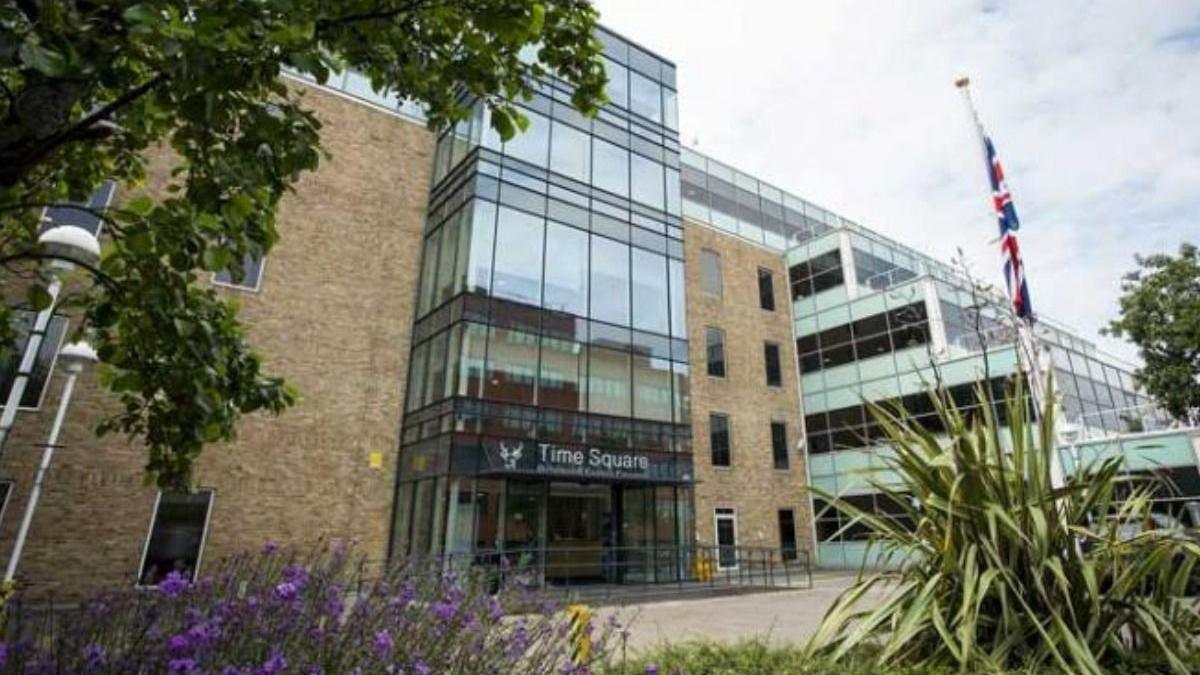Council considers tax rise to plug budget gap

The council is looking for ways to boost its income
- Published
A council could substantially increase council tax from April in an attempt to plug a £5m hole in its budget, according to its draft spending plans.
Bracknell Forest Council (BFC) said in the plans it would need to rely on council tax more to fund front-line services for residents.
The average band D home – the baseline - would see their bills rise by almost £100 a year if the plans were approved.
Council leaders will make a decision on 6 February.
The council’s draft spending plans, which already include some cutbacks, amount to about £98.82m.
Its income is expected to be £93.54m, including council tax, business rates and government grants, leaving BFC £5.34m short.
The plans say that the current level of council tax in Bracknell Forest "is one of the lowest of any unitary authority in England".
“While a high level of increase in any year is unlikely to be welcomed by residents, for many years the council’s financial plans have assumed the maximum level of increase permitted is applied,” the document adds.
The plans do not include firm proposals for new council tax rates from 6 April but government rules mean it could be increased by a maximum of 4.99%.
If BFC wanted to raise it higher than the maximum, it would have to organise a referendum for residents to vote on whether they agree.
Currently the average band D valued home in Bracknell Forest pays £1,934.70 a year in council tax.
If the council decided to raise this by the maximum 4.99% from April, that would go up to £2,031.24 a year.
For the lowest-valued properties – in band A – a maximum increase would raise the average band A annual bill from £1,289.79 a year to £1,354.15.
The highest valued homes – in band H – could pay £4,062.48 a year—up from £3,869.40 currently.
The executive committee's decision will be voted on by a meeting of the whole council on 21 February.
Follow BBC South on Facebook, external, X, external, or Instagram, external. Send your story ideas to south.newsonline@bbc.co.uk